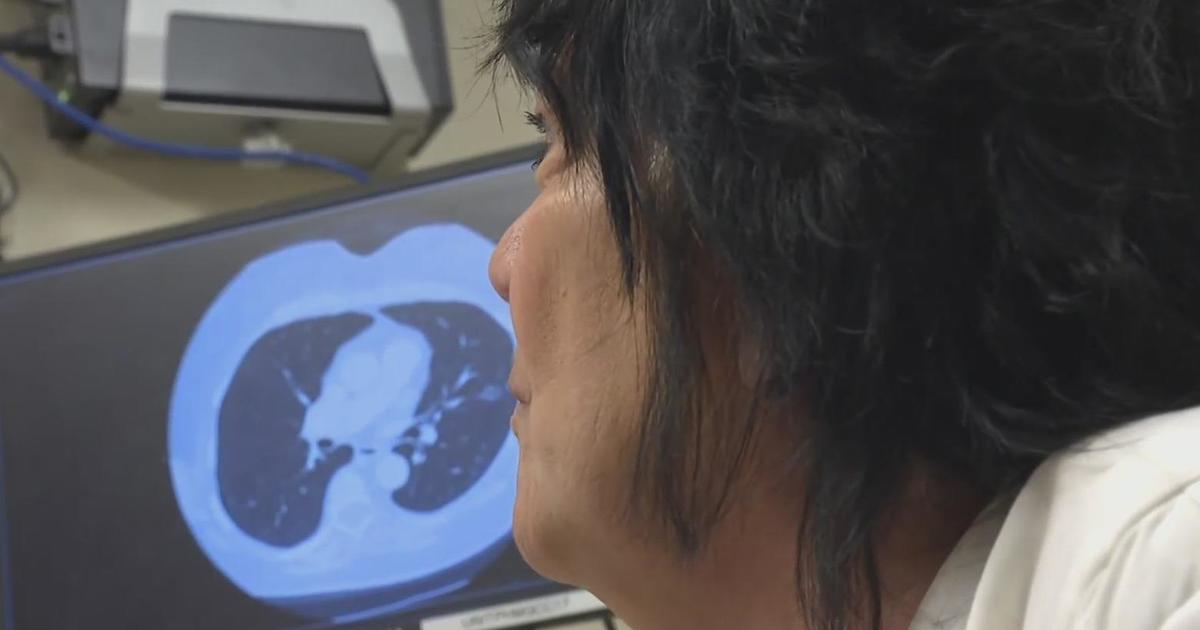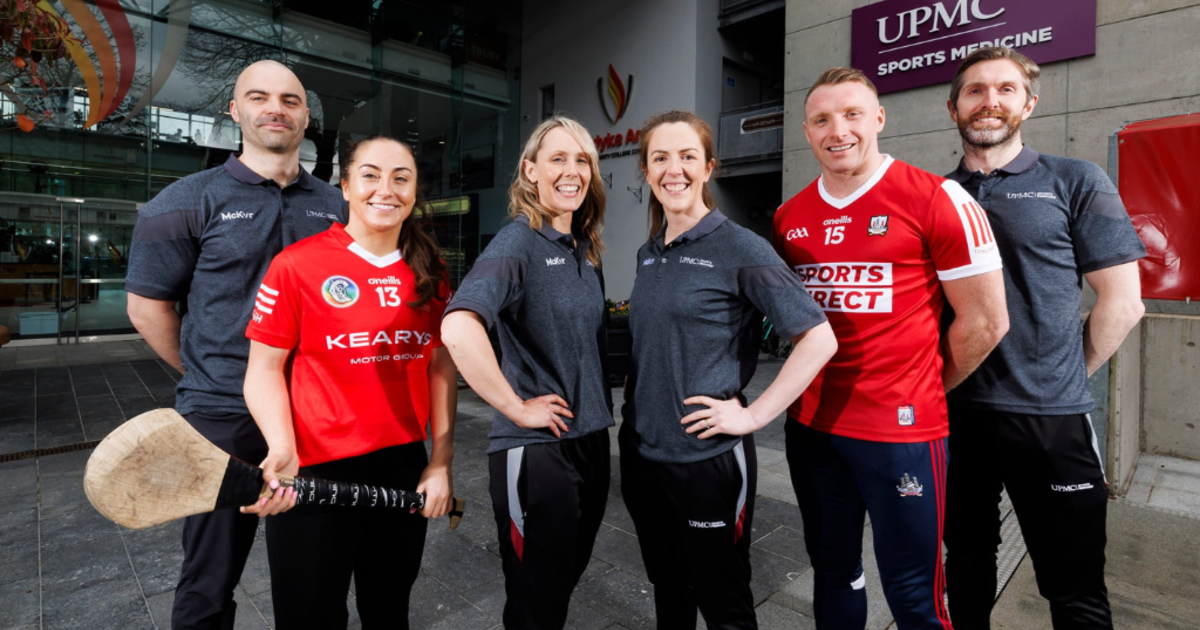UPMC Doctors Say They're Seeing Less Severe Coronavirus Cases
PITTSBURGH (KDKA) - How has COVID-19 changed over the past few months?
Doctors at UPMC note some interesting figures -- like testing.
"We are, in fact, testing 2.5 COVID patients per day in the last two months compared to the prior period. And the test positivity rate is only slightly higher at 5.28%, compared to the spring, which was 4.94%," says Dr. Oscar Marroquin, UPMC chief healthcare data and analytics officer.
While more people are being hospitalized, the net number of patients is decreasing.
"The average daily number of patients hospitalized with COVID-19 since July is approximately 2.8 times higher than in the spring, but daily discharges are three times higher," says Dr. Marroquin.
And the recovery pattern is going in the right direction.
"What's undeniable is that there is a change in the clinical pattern. We are not seeing as much severe illness," says Dr. Donald Yealy, UPMC senior medical director and chair of the Department of Emergency Medicine at UPMC and the University of Pittsburgh.
"The hospital mortality rates are trending down," Dr. Marroquin says, "and they're getting better faster, at least a day faster."
Could this be because of improved treatment?
"More than half of patients since the end of June have received dexamethasone or other steroids, while the use of Remdesivir has declined, and we are more judiciously using mechanical ventilation," says Dr. Marroquin.
Dexamethasone is a steroid, specifically a corticosteroid, a class of drugs with anti-inflammatory effects.
The World Health Organization now recommends these drugs to treat people with severe illness — on oxygen or in intensive care.
In fact, international research that UPMC has been part of helped to bolster the use of steroids with its study of hydrocortisone, another corticosteroid.
"There was a 93% probability that hydrocortisone is superior to not giving hydrocortisone," says Dr. Derek Angus, UPMC chief health care innovation officer and chair of critical care medicine at the University of Pittsburgh.
The rapid pace of these developments is part of UPMC's aim of learning while doing.
"We can have a structure where we are trying to learn from every patient we are treating," Dr. Angus says.
A way people with COVID now help people with COVID later.
More information on the Coronavirus pandemic:



